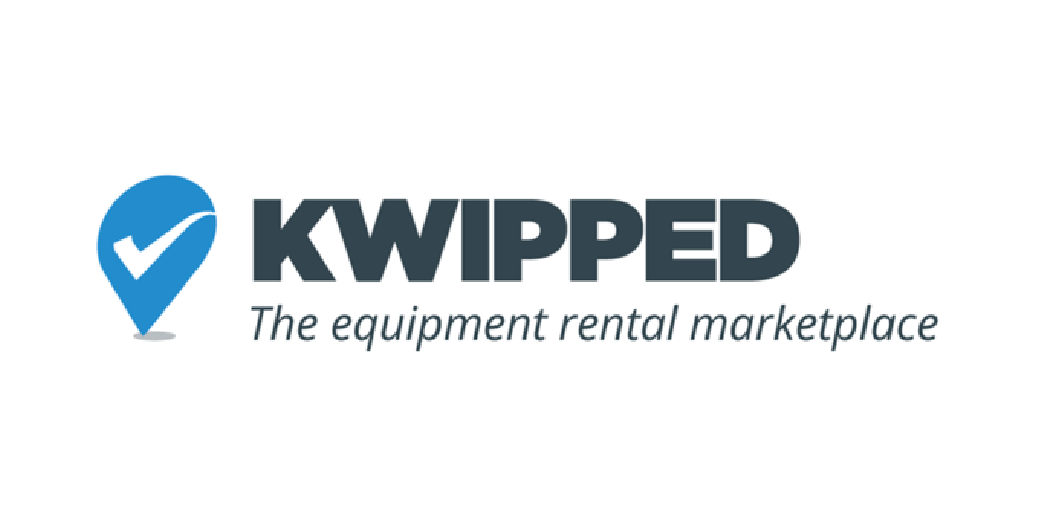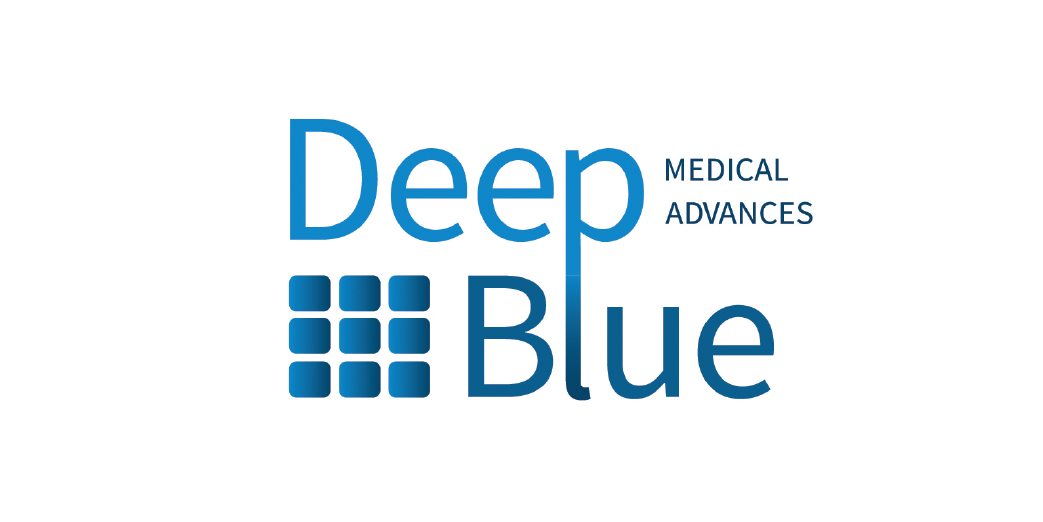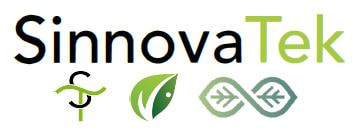KWIPPED: How One B2B Marketplace Changed The Industrial Leasing Game

Sometimes, the job — and the revenue stream — depends on an autorefractor, or cosmetic lasers. Labs need freezers, warehouses need forklifts and oilfields need mud buckets.
And that’s where Robert Preville has spotted his latest opportunity. The founder and CEO of KWIPPED, a B2B marketplace for the rental and leasing of specialized and sometimes obscure equipment, recently sat for an interview with Karen Webster for the latest “Topic TBD” podcast interview from PYMNTS.
Preville, who in 2000 launched an online marketplace for the manufacturing sector – and who also ran Global Test Supply, an equipment rental firm – said KWIPPED offers a way for suppliers and others to not only generate more revenue, but also create new sources of it.
The key is the relatively rarified nature of the equipment offered via his online B2B marketplace. The business opportunity — the potential, and profitable, disruption — revolves around turning rentals into a revenue opportunity for the renter and a new revenue-producing line of business for the supplier.
Moving such transactions from paper to digital, and using the web to overcome the roadblock of geography, can translate into more chances for suppliers to bid on contracts. As well, the KWIPPED model strives to ease the bureaucratic pain of contracting for equipment via a standardization process designed to appeal to organizations that have multiple points of authority.
Overall, the stakes come down to this: Can a digital channel more efficiently serve suppliers and clients while, at the same time, offering revenue opportunity?
Consider a doctor’s office, for instance, Preville said during the interview with Webster. That doctor might want to take part in a drug trial organized by a pharmaceutical company.
“But the doctor might not have the lab freezers and other equipment to take part in the trial,” Preville said. In such a case, suppliers who can provide that doctor with the requisite equipment, offering a rental or leasing contract, could find customers via the online marketplace, which could result in a revenue boost. “That makes it a lot easier for those offices to get into the drug trial business,” he said.
The marketplace now includes some 900 types of equipment, he said, with categories that range from non-destructive testing to power utilities to drilling, dental, environmental monitoring and farms. A client can use KWIPPED to find excavators, skid steer loaders and the like, but so-called “yellow iron” is not the focus of Preville’s endeavor.
That’s mainly because the rental and leasing of traditional construction equipment is dominated by three companies, he said, and there is little chance that KWIPPED can provide meaningful competition on that front. By contrast, KWIPPED focuses on areas with higher levels of supplier and geographic fragmentation.
“We have inside sales teams that are responsible for acquiring suppliers and managing relationships with those suppliers,” he said. “The suppliers we consider to be our first and most important customers.”
The KWIPPED pitch to those suppliers goes something like this: Work with us, and you’ll gain new customers while building new revenue around equipment rentals. After all, an idle machine gathering dust in storage makes no money, so why not find a company or other organization that has a pressing need for that equipment?
Think about an excavator used to build a swimming pool in the backyard. It would be “ridiculous” — Preville’s word — for the contractor to charge the homeowner for the full purchase price of that equipment. “But it makes perfect sense” to charge for, say, a two-day rental to dig the necessary hole, a cost that can include a markup.
Such a proposition likely will not appeal to massive companies like General Motors, which form their own long-term deals with suppliers, but it may seem attractive to smaller firms like KWIPPED. “If an organization wants to rent equipment, it can put in a request for a quote,” Preville said. “We match (that client) with a supplier in the geographic area, and suppliers can fit the right solution to the problem.”
Such B2B transactions revolve around contracts. KWIPPED operates with a standard rental agreement between supplier and customer. For example, if a hospital becomes a repeat client of the marketplace, “it can get that contract approved once, and then use it across all of the 700 suppliers we have,” he said. “The contracts are between the customer and supplier. We are not a part of the contract.”
KWIPPED also enables equipment leasing, with Preville describing the marketplace as the “LendingTree for equipment leasing.” Customers, after all, will get better rates from suppliers via leases, and suppliers will make money. “Rentals tend to be for multiple months, while leases tend to be for multiple years,” he said. “Most leases will typically result in a very competitive ownership option — in general, leasing companies do not want equipment returned.”
Preville said that KWIPPED deals with transactions where the stakes are higher than for other participants. “The consequences of these transactions going sour are far greater than my Uber driver not showing up,” he noted, using the example of a hospital renting an X-ray machine.
“That machine has to work, and it has to be calibrated,” Preville said. “The supplier has to be very knowledgeable about the equipment and how to service the rental (if it breaks down). They need to be able to order a part from the manufacturer. They need to be an authorized distributor” with access to replacement parts. “We need to be quite selective about who comes on board.”
While adding a new supplier to the B2B marketplace requires a “leap of faith,” Preville said, his team pays close attention to such factors as distributor relationships, ISO certifications and customer service to ensure that they offer clients a high-level experience. “If the equipment damage rate, for instance, is excessive, we put them through a corrective process,” he said, adding that poorly performing suppliers have been removed from KWIPPED.
So what’s next for KWIPPED? Preville said he wants to maintain a “laser-beamed focus” on growth while seeking new equipment categories and geographic markets. Most of the marketplace’s operations are centered in North America, but Preville said there is a $200 billion market opportunity for global equipment rentals — and a $1.1 trillion market for global equipment leasing.
“We’ve always had more demand than we’ve had supply,” he said when discussing with Webster the prospects for global expansion. “The criteria will be the ease of doing business in another geography, and the size of the supply chain in that geography.”
He is especially bullish on Europe, given its activity in clinical research. “We can leverage what we’ve already built and jump over there,” he said.
- Categories:


